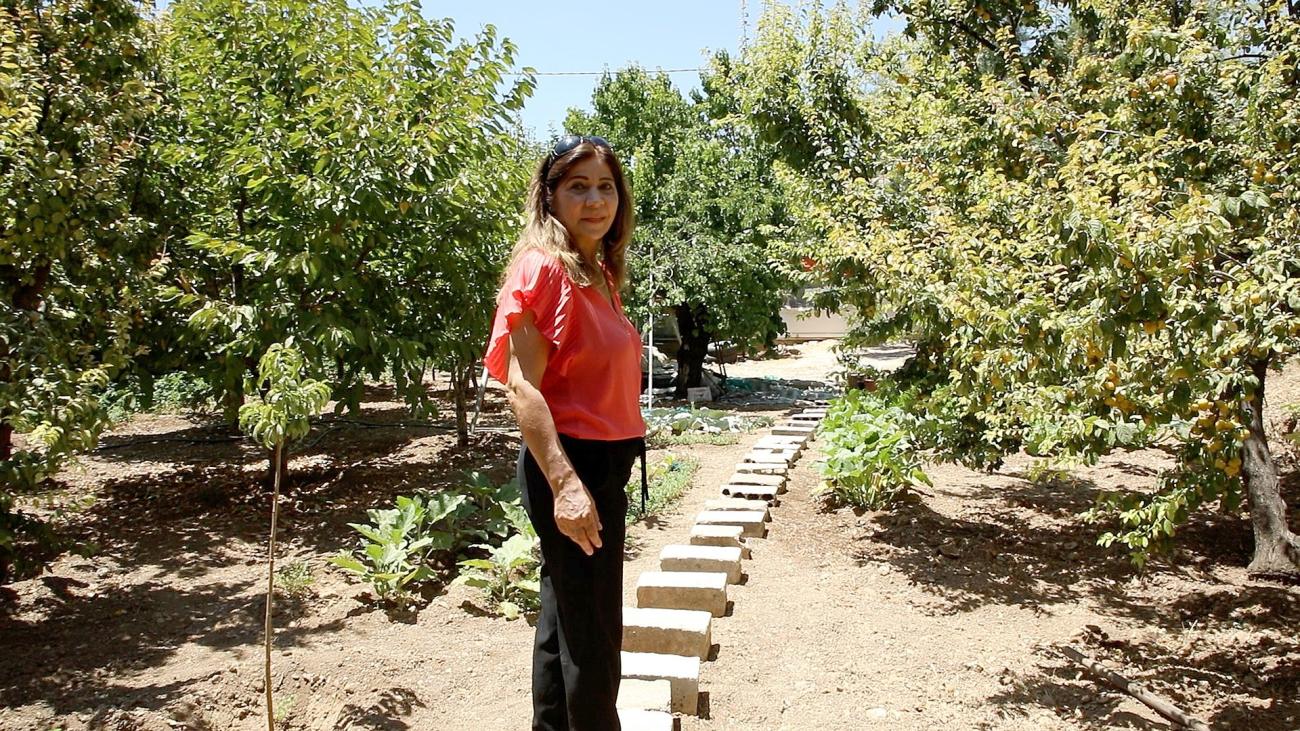Eddie Abou Hanna lives in Zahle, the largest city of the Beqaa Governorate in Lebanon. Over the past decade, climate change has made water scarcity in Zahle.
The issue of water scarcity in Zahle had become more and more acute. It is now disrupting the daily routines of residents, particularly for larger families.
“Water shortages are making it hard for families to manage their day-to-day activities”, says Eddie. “I am worried for my nieces and nephews. When I was a child, there was plenty of water. Nowadays, there is far less. Farmers even need to take turns to irrigate their land.”
To help families like Eddie’s deal with water scarcity, UN-Habitat, together with partners including the United Nations Economic and Social Commission for Western Asia and the United Nations Children’s Fund in Lebanon (UNICEF), has been promoting the use of unconventional water sources and supporting sustainable water management.
With funding from the Adaptation Fund, UN-Habitat has been helping to make households and farmers more resilient to water scarcity by promoting the incorporation of climate change considerations into urban planning at both district and municipal levels.
“Water scarcity has been a reminder for me to live responsibly on Earth for the sake of the children who surround me, my nieces and nephews”, says Eddie. “I want them to be able to stay in Zahle and enjoy its rich resources.”
Through capacity-building activities and practical interventions, UN-Habitat has also been promoting the reuse of treated wastewater from the Zahle wastewater treatment plant for irrigation. It has provided 10 educational institutions with equipment for collecting and reusing rainwater, and promoted the use of permaculture techniques to increase the resilience of agricultural practices.




